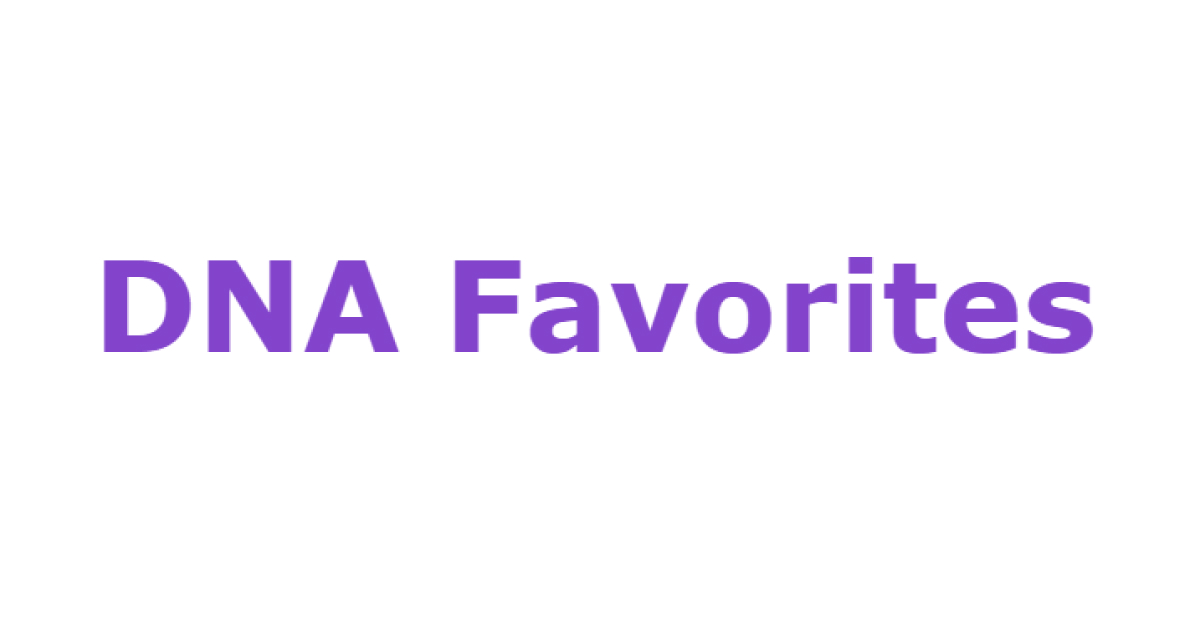Richard Hill, DNA Author and Speaker
United States
Richard Hill was the first adoptee to identify his birth family through genetic genealogy DNA tests.

Main Services:
Virtual and In-Person Presentations on Genetic Genealogy, Signed Copies of \Finding Family: My Search for Roots and the Secrets in My DNA\

He shared his story in an award-winning book, “Finding Family: My Search for Roots and the Secrets in My DNA.”
Kirkus Reviews calls the book “an engaging, page-turning memoir that thoughtfully puts together the pieces of a family puzzle.”
Midwest Book Reviews describes the book as ‘impressively informative, exceptionally well written, an inherently fascinating and compelling read from beginning to end.”
The book is available in print, Kindle, and audiobook formats on Amazon. You can also order a signed copy of the printed book directly from Richard at FindingFamilyBook.com.
Following his personal success with DNA testing, Richard Hill has founded two websites on DNA testing, most recently, DNAFavorites.com.
In addition to providing a concise overview of genetic genealogy, DNAFavorites.com shares more than 150 links to useful DNA testing resources.
You can learn about the different types of DNA tests, including autosomal DNA, mitochondrial DNA, and Y-chromosome DNA tests.
Richard introduces you to the five best DNA testing companies and summarizes their strengths and limitations. These are Family Tree DNA, AncestryDNA, 23andMe, MyHeritage DNA, and Living DNA.
He also covers the most popular genetic genealogy tools that can help you extract more genealogy information from your raw DNA data. He includes a summary of his favorite tools at each testing company, followed by some favorite third-party tools. These include GEDmatch, DNA Painter, and Genetic Affairs.
Another page on DNAFavorites.com lists the many ways you can learn more about DNA testing for genealogy. Included are genealogy conferences and meetings, online webinars, and courses on DNA testing. Other educational resources include books, blogs, newsletters, podcasts, and YouTube.
Richard shares his favorite DNA books. These include books about how to use DNA for genealogy such as “The Family Tree Guide to DNA Testing and Genetic Genealogy” by Blaine Bettinger and books that share family history discoveries made through DNA testing. One favorite is “American Baby: A Mother, a Child, and the Shadow History of Adoption” by Gabrielle Glaser.
DNA Facebook groups are the epicenter for interactive discussions about DNA testing. Another page on DNAFavorites.com provides links to some useful DNA Facebook groups organized by category. Examples include DNA Newbie, International Society of Genetic Genealogy, and Genetic Genealogy Tips and Techniques. There are also groups focusing on specific test types, groups on testing at specific companies, groups for specific ethnicities, DNA tools & user groups, and adoptee search and support groups.
Once you understand the fundamentals of DNA testing, DNA bloggers can provide useful tips and help you keep up with new developments. Richard shares his favorite DNA bloggers with links to blog post examples for each. These include Roberta Estes, Diahan Southard, Kitty Cooper, Jim Bartlett, Debbie Parker Wayne, Judy G. Russell, and Leah Larkin.
In addition to providing genetic matches, the major genetic genealogy DNA tests all provide an estimated breakdown of your ethnic ancestry. Richard explains why ethnic DNA testing results don’t match expectations and why results vary by company. He tells how the leading companies report results and provides some information on Native American ancestry and Jewish ancestry.
Paternity testing is a DNA test designed to prove that a given man is the father of a child. Richard explains how it works and discusses the difference between home DNA testing and legal paternity testing.
Building on his personal success story, Richard explains how DNA testing can find long-lost family for people separated by adoption. He shares his recommended testing strategy and provides an enormous list of resources for adoptees, including the popular DNA Detectives Facebook group.
Richard gives presentations on genetic genealogy topics both virtually and in person. He offers four entirely different presentations:
1. Finding Family with DNA Testing
Learn how adoptees and others find biological parents and siblings through DNA testing. Review the case that started it all and see today’s recommended strategies. View examples of surprise discoveries and see the tools used to identify relationships.
2. Genetic Genealogy Overview
Review the basics of genetic genealogy, the three major test types, and the offerings of five leading companies. Learn the key factors that impact your results and compare the strengths, limitations, and favorite features of each company. See some third-party tools you can use to extract even more information from DNA test results.
3. Understanding the Ethnic Ancestry in Your DNA Test
Learn the reasons why DNA ethnicity tests often yield unexpected results. See why siblings can have surprisingly different ethnicities and why Native American ancestry is rarely found. Compare one person’s ethnicity reports from all the major DNA tests and learn why one test or another might be your best choice for ethnicity purposes.
4. Y-Chromosome Insights & Strategies
Learn how Y-DNA testing of suitable males can trace and confirm paternal lines in your family tree. How to choose the right test and how to work with your genetic matches. Examples cover STRs, SNPs, genetic distance, match thresholds, Tip reports, the Y-DNA tree, haplogroups, group projects, account settings, and more.
Finally, DNAFavorites.com includes a mini blog with DNA news, tips, and links to success stories. Richard also posts on social media, including a DNA Favorites Facebook page, his Richard Hill, Genetic Genealogy Speaker page on LinkedIn, and @RichardHillDNA on Twitter.



